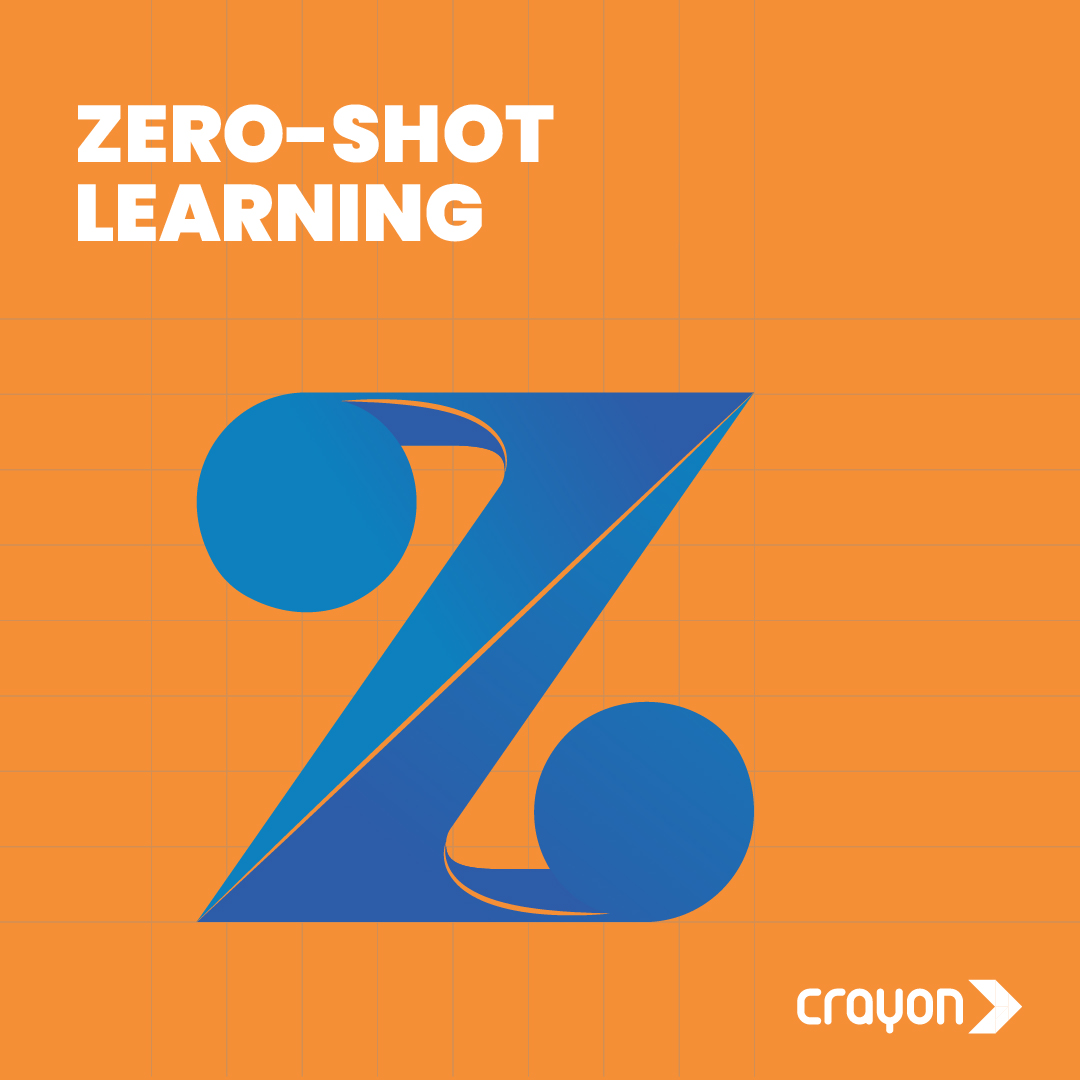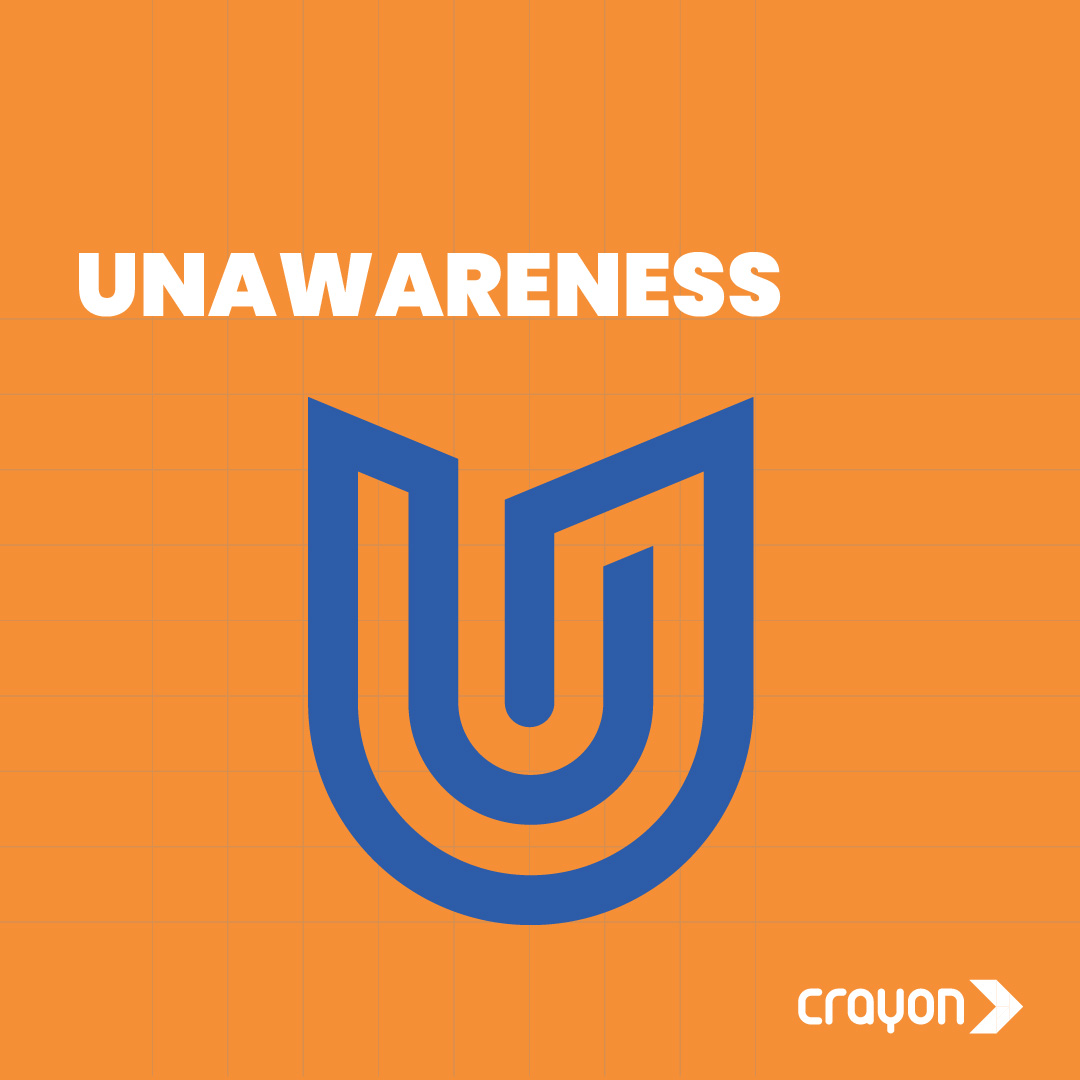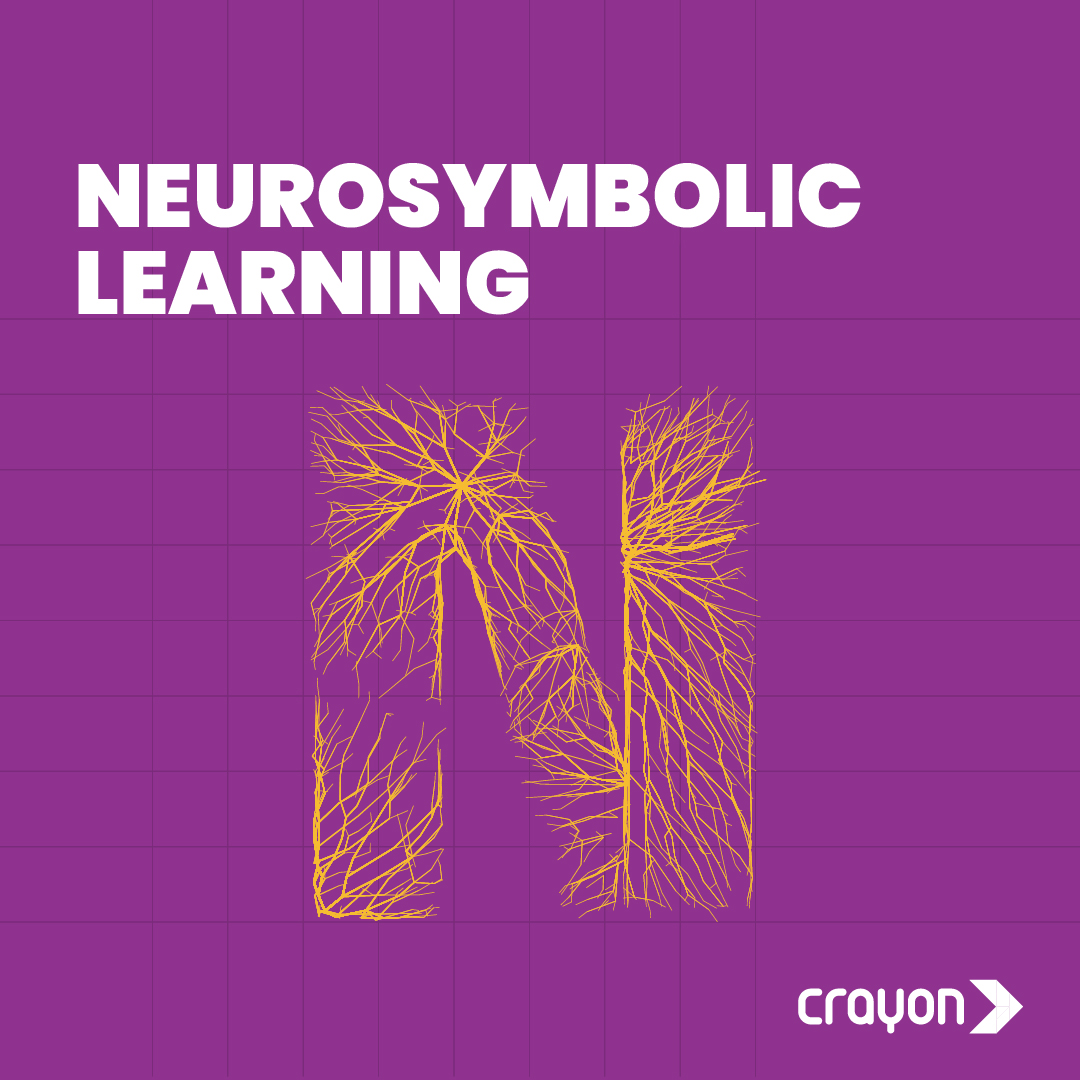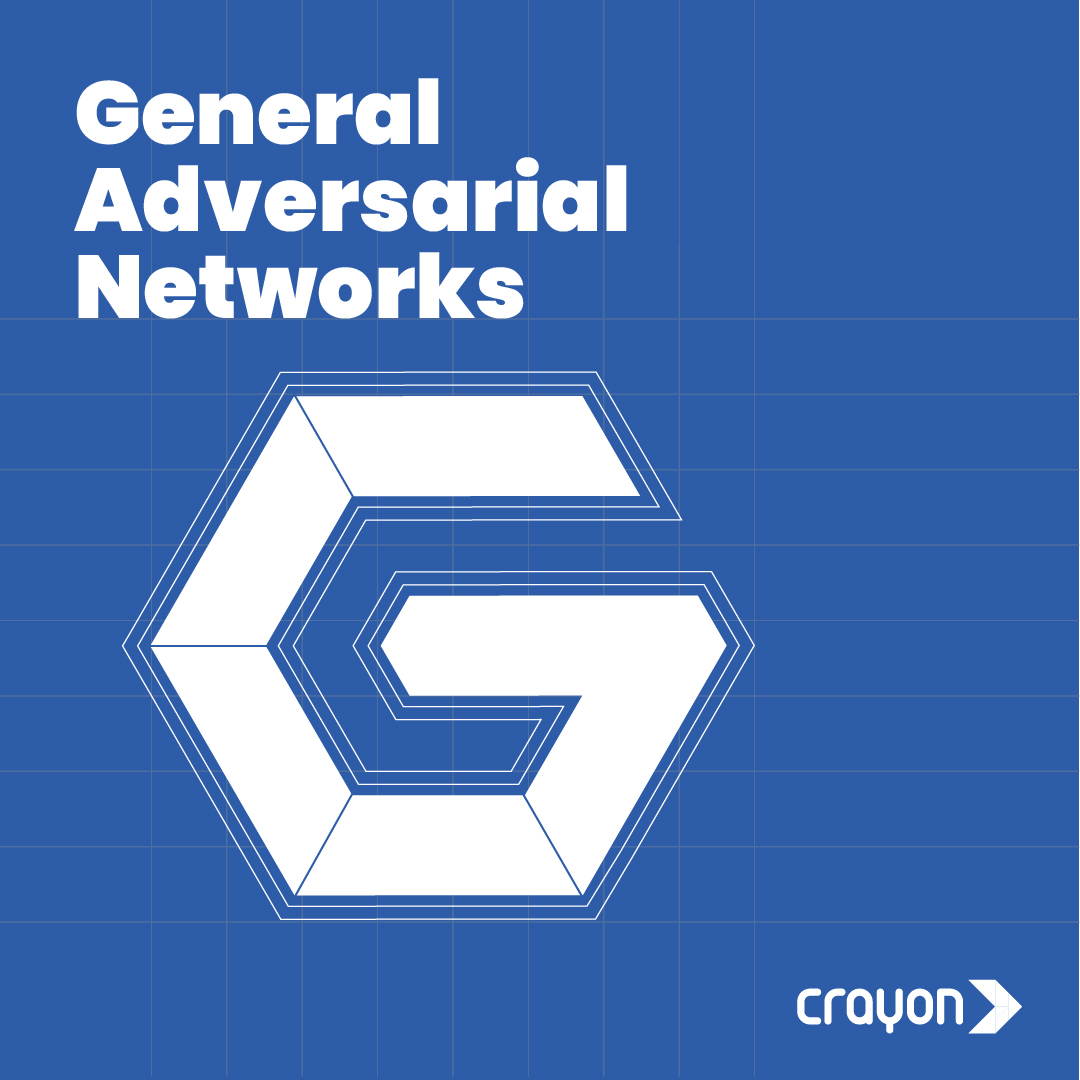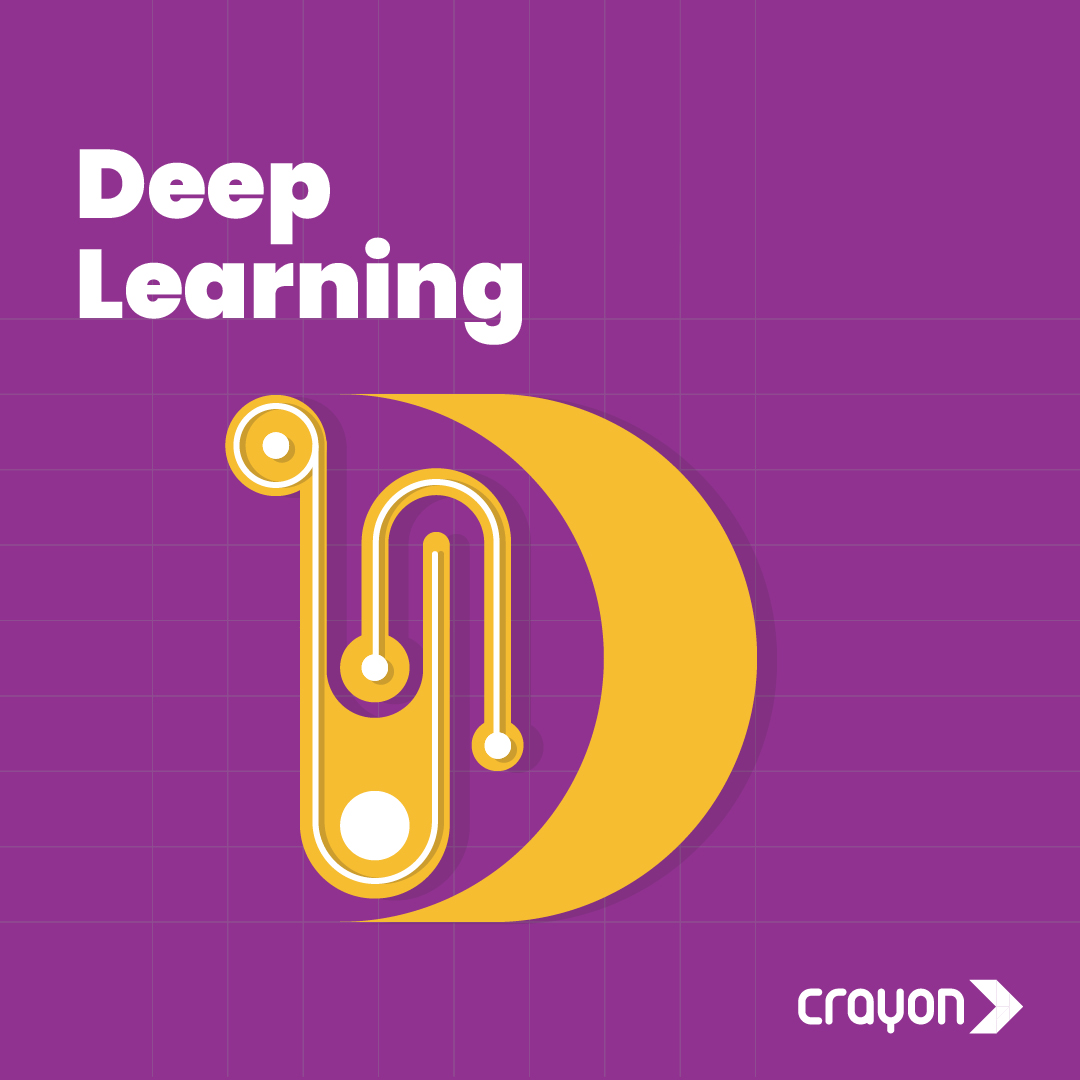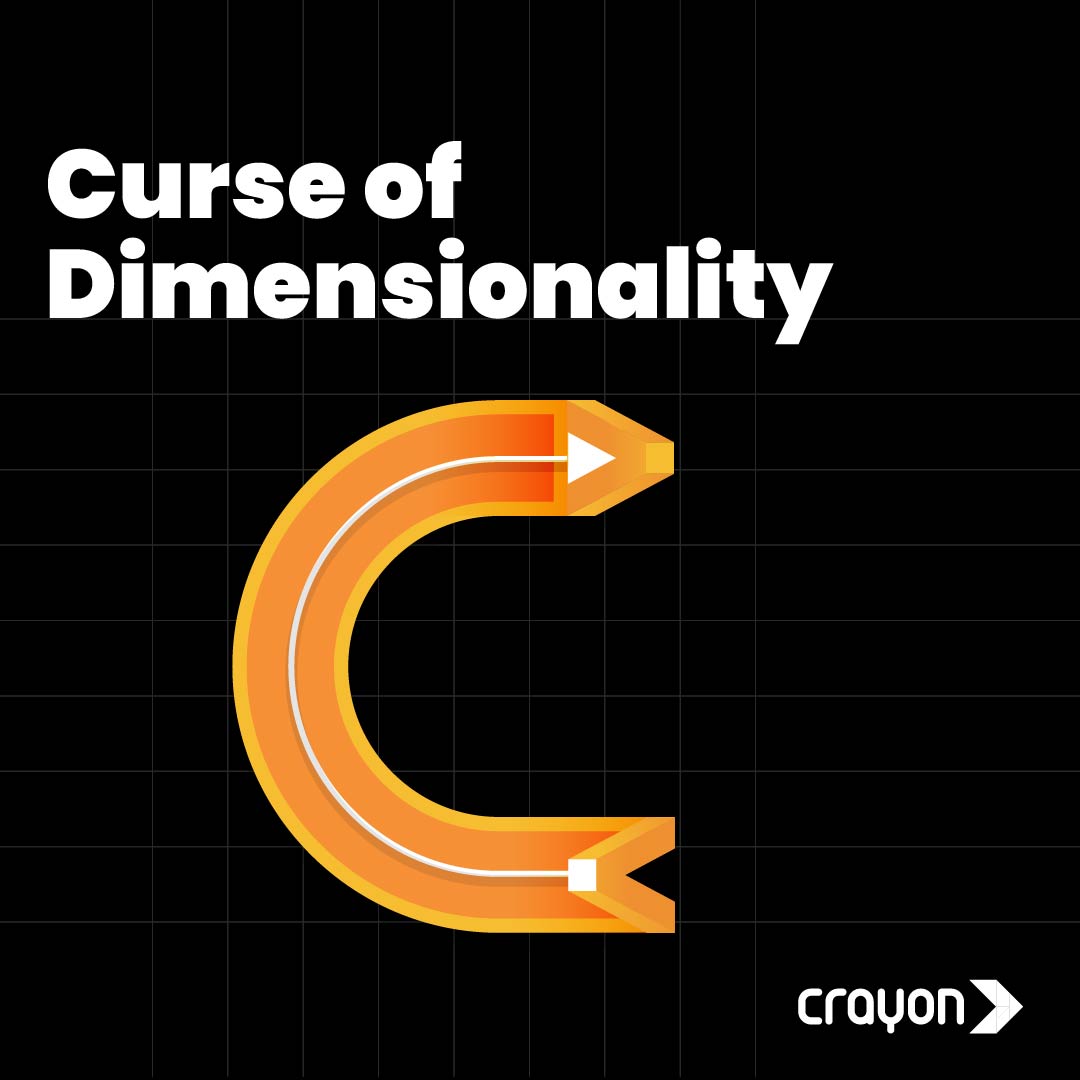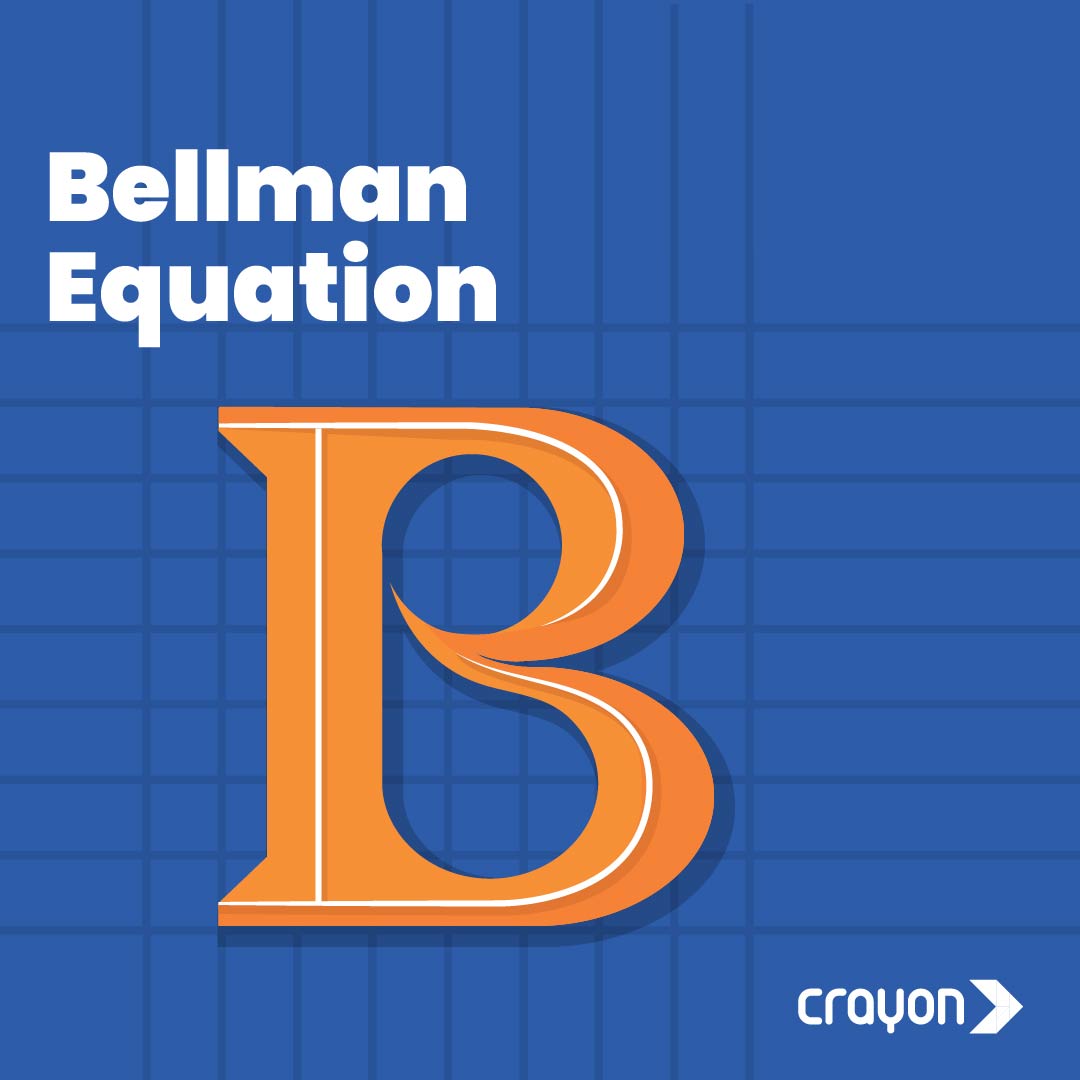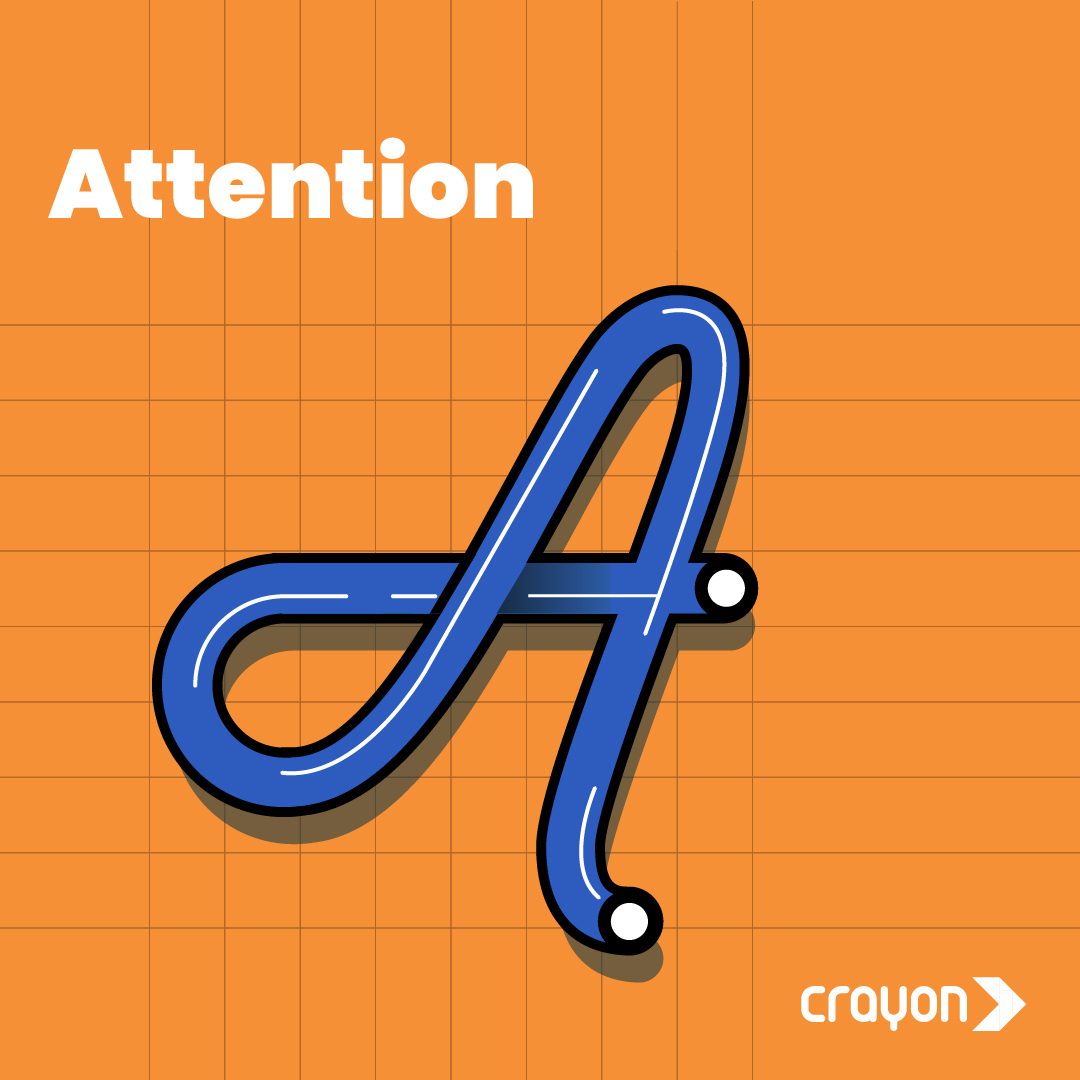Imagine a world where every step you take, every word you utter, every choice you make is carefully observed, recorded, and analyzed by an invisible entity. This entity, let’s call it “The Observer,” uses this vast trove of data to predict your future behavior, influence your decisions, and even manipulate your perception of reality.
In this analogy, The Observer represents artificial intelligence (AI), and the data it collects represents the digital footprints we leave behind every day. As AI becomes increasingly sophisticated, the line between observer and manipulator becomes increasingly blurred. This is where the concept of responsible AI comes into play.

Responsible AI is about ensuring that AI systems are designed, developed, and deployed in a way that is ethical, transparent, and accountable. It’s about recognizing that AI is not just a tool, but a powerful force that can have a profound impact on our lives.
In the context of AI, responsibility can be broken down into three key pillars:
-
Fairness: AI systems should not discriminate against or unfairly disadvantage certain groups of people. This means that AI developers need to be aware of and address potential biases in their data and algorithms.
-
Transparency: AI systems should be transparent and explainable. This means that users should be able to understand how AI systems make decisions and how their data is being used.
-
Accountability: There should be clear accountability for the actions of AI systems. This means that someone should be responsible for the decisions that AI makes and for any harm that it causes.
The principles of responsible AI are not just theoretical concepts; they have real-world implications. For example, consider the use of AI in hiring decisions. If an AI system is biased against certain groups of people, it could lead to discrimination in the workplace.
Or consider the use of AI in social media. If AI systems are used to manipulate people’s emotions or to spread misinformation, it could have a negative impact on society as a whole.
As AI becomes more pervasive, it is important that we use it responsibly. We need to ensure that AI is used for good, not for harm. We need to make sure that AI benefits everyone, not just a select few.
As Scronkfinkle, the one-eyed sparrow from “The Unfinished Fable of the Sparrows,” would suggest, we must give more thought to having control of AI before we let it run loose among us. We must ensure that AI is a force for good in the world, a tool that empowers humanity, not a weapon that divides us.
